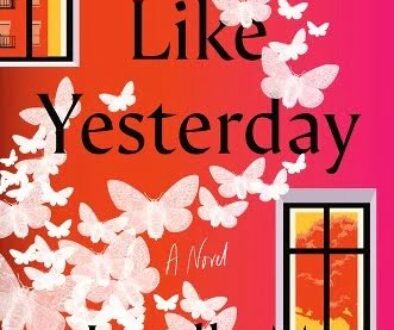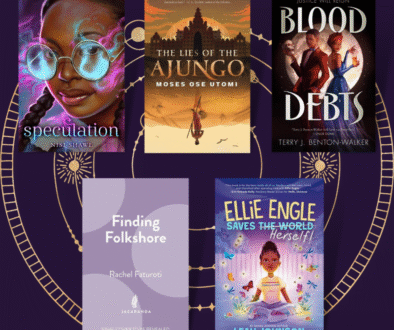The Plot Thickens: The Conductors

Historical fiction about Black folk is my jam. Set in Reconstruction-era Philadelphia,The Conductors follows the life of Henrietta “Hetty” Rhodes, who flees from a plantation once she feels that her magic is likely to get her killed, and the reactionary life she leads as a seamstress thereafter.
This is a universe constructed by author Nicole Glover, where magic is openly practiced by Black and white people, though the methods differ. Black people use a rune system based on the constellations while white people use wands and incantations. Of course, in this restrictive caste system any Black person caught with a wand is penalized and given harsh sentences while white people can practice any magic they like. Luckily, we spend little time concerned with this injustice as Hetty and her husband Benjy spend the majority of the book trying to figure out who in their community has killed one of the major members of their small network, Charlie. Charlie was a lucky man who happened upon the safe house that Hetty and Benjy used during their days as conductors on the Underground Railroad just as they were starting on a journey to get others to safety. He joined them on their journey to Philadelphia and holds a special place in their memories as one of the first people they saved in their career as conductors. Sadly, by the time the book starts off, Charlie has a strained relationship with the couple, which leads them to ignore his last minute cry for help. It is only late in the night that they stumble across his body with a mysterious message attached.
During the bulk of the story, we learn more about the Black working to middle class Philadelphians that Hetty and Benjy call friends or have helped along the way. Through Penelope, one of Hetty’s closest friends, we learn that there is healer magic associated with botany, yet not much about its connection to the rune system. However, this friendship is not solely based on each woman’s magical prowess, though it is interesting that Hetty has built such a strong relationship with a woman who shares similar capabilities as Esther, the sister she lost during their exodus to Philadelphia. In flashbacks we get their path towards Philadelphia, and learn more about how they were separated during the journey. Hetty’s conflicted feelings about not being able to find Esther after so many years plays into many of the dynamics she has with people in the community as well as the work and living conditions that she condones. In fact, it is this continued search that serves as a central conflict between her and Benjy, who seems concerned that she is pouring money into a dream that can only result in grief. The emotional strain on their relationship is not helped by the fact that their marriage has always been one of propriety—given his penchant for always accompanying her on various conductor missions alone—and Hetty has recently found herself catching likely unrequited feelings for Benjy. Though he is always a source of great support for her, Hetty barely holds onto hope that he may feel just as strongly towards her. It is the uncertainty of this relationship and that with others in their community that weighs heavily on Hetty’s conscience and determines whether she can actually trust the found family she has developed post-enslavement.
The Conductors is middle-fare historical fiction with a magical flare that does a good job of sharing what the main characters’ lives were like as conductors on the Underground Railroad and post-emancipation. Not for readers looking for a well-explained magical system, this book is likely to appeal most to those who would enjoy a light reimagining of what the road towards freedom for the formerly enslaved may have looked like if there was more than a little magic integrated into Negro spirituals.




03/19/2021 @ 7:55 PM
Interesting review. It hadn’t clicked about the similarities between Esther and Hetty’s friend.